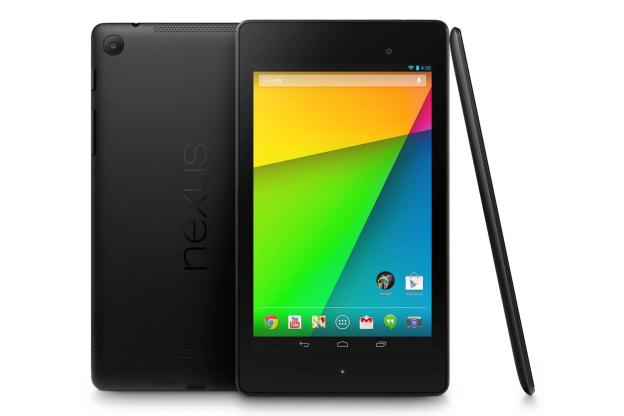
Have you ever noticed how your PC, tablet, or phone begins to age after a few months? Things just get slower. It doesn’t boot up as fast, apps don’t install as quickly. Everything feels sluggish. This has been a problem with computers as long as they’ve been around. For devices running Android, however, version 4.3 is a fountain of youth. According to our friend Brian Klug at AnandTech, the latest version of Google’s OS implements a command called TRIM, which clears out dead, unused space on your device.
You can think of TRIM like a good hurl after a night of hard drinking. Or a GOB Forget Me Now pill. Devices that use solid-state drives – the kind of memory storage that doesn’t require a spinning hard drive – end up slowing down because they fill themselves up with the garbage you tried to delete. Though you may clear out apps, songs, or other files to clear memory space on your phone or tablet, those files you think you delete aren’t actually deleted. They’re simply flagged as available space that can be rewritten over. What TRIM does is go through and wipe out data that you have marked as unnecessary.
Here’s one more example, for kicks: Think of your data like trash in your house. Normally when you delete that data, it’s like taking the trash out to the end of the driveway. Before version 4.3, Android devices had no garbage collection, so eventually the trash you delete begins to cover your entire lawn. Soon, even backing out of the driveway becomes an ordeal. The smell is foul and homeless people begin to hang around your house. What TRIM does is set up regular garbage collection. It disposes of your trash files, deleting them for good. Until now, the only way to eliminate the trash files on your Android tablet or phone was to Reset the device, or completely demolish and rebuild your house, to extend the analogy further. We could use the human digestive system to explain it, but you should get the picture by now. TRIM is a very good thing.
Klug says that Android 4.3 devices (newer Google Nexus devices will get the update), will attempt to collect their garbage once every 24 hours now, assuming the device is charging or sitting idle with at least 80 percent battery.


